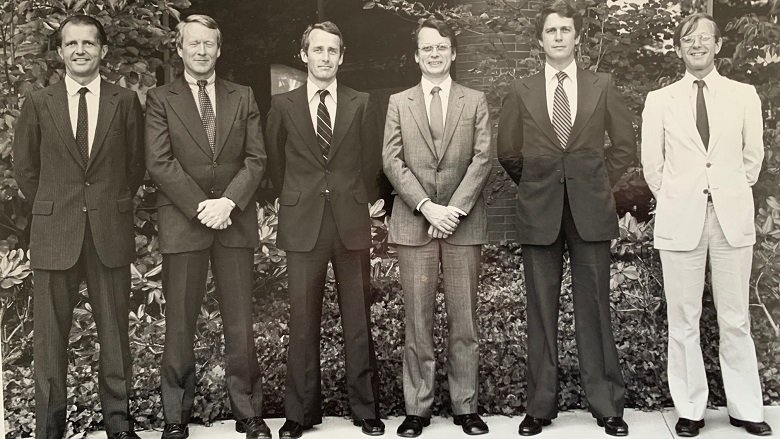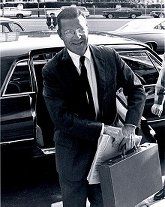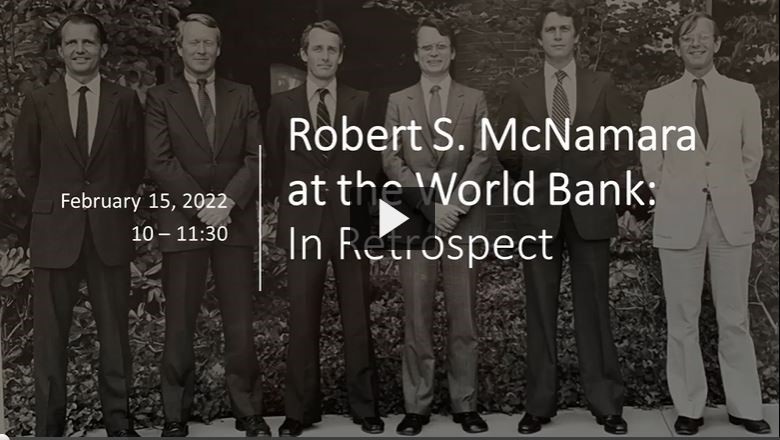While McNamara’s pre-Bank involvement in the Vietnam war has been the subject of much research and even a documentary, The Fog of War, his time at the World Bank Group is less known, but crucial in the evolution of the institution. According to our Managing Director for Operations, Axel van Trotsenburg, who authored the book’s Foreword, McNamara was “one of the most impactful and transformative presidents of the World Bank.” The World Bank Group McNamara arrived at in 1968 was still tied to its roots in the post-WWII world. It was smaller, less complex, and employed a much narrower scope in its lending and activities. At the end of his tenure, McNamara acknowledged both the expansion of the institution and its yet unrealized potential in his final annual meetings speech:
“The World Bank - born out of the ruins of WWII - has grown into one of the most constructive instruments of human aspiration and progress. And yet, it has only barely begun to develop its full potential for service and assistance. There is so much more to do. So much more it ought to do to assist those who need its help. Each one of us here can help make that happen.
How can we begin?
We must begin - as the founders of this great institution began - with vision. With clear, strong, bold vision.”
The recollections of his personal assistants (Rainer Steckhan, Leif Christoffersen, Anders Ljungh, Sven Burmester, Caio Koch-Weser, and Olivier Lafourcade) give glimpses into the daily workings of the McNamara administration. He started each day at 8am, climbing the 12 flights of stairs to his office! They also touch on his social interactions with world leaders and others inside and outside the Bank. Anecdotes concerning missions in Africa, the founding of the Brandt Commission, and the Bank’s reengagement with China balance a thorough discussion of McNamara’s policies and legacy.
The book includes personal reminiscences, memories, and anecdotes alongside analysis of McNamara’s annual speeches and policy changes. The annual speeches, particularly his address in Nairobi in 1973, have long been of interest to historians, scholars, and the development community. These rare insights by those who worked mostly closely with him will be of interest to scholars of World Bank and development history and to development practitioners.
The book is being released as part of the new Development Reflections series, which focuses on examining the Bank Group’s past to help inform present development practitioners and influence future operations.



?wid=165&qlt=85,0&resMode=sharp)

